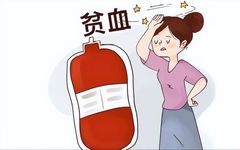Nowadays, there are indeed many friends suffering from blood deficiency anemia, especially among women. Symptoms such as fatigue, shortness of breath, pale or sallow complexion, and even dizziness, insomnia, and forgetfulness are common. Many try various methods to supplement their blood, even taking “iron supplements,” but they find it hard to improve and maintain their condition. In fact, whether it is blood deficiency as described in Traditional Chinese Medicine (TCM) or anemia diagnosed by Western medicine, the root cause may be insufficient Qi. Today, Dr. Zhang will teach everyone about two herbs that can nourish Qi and blood.
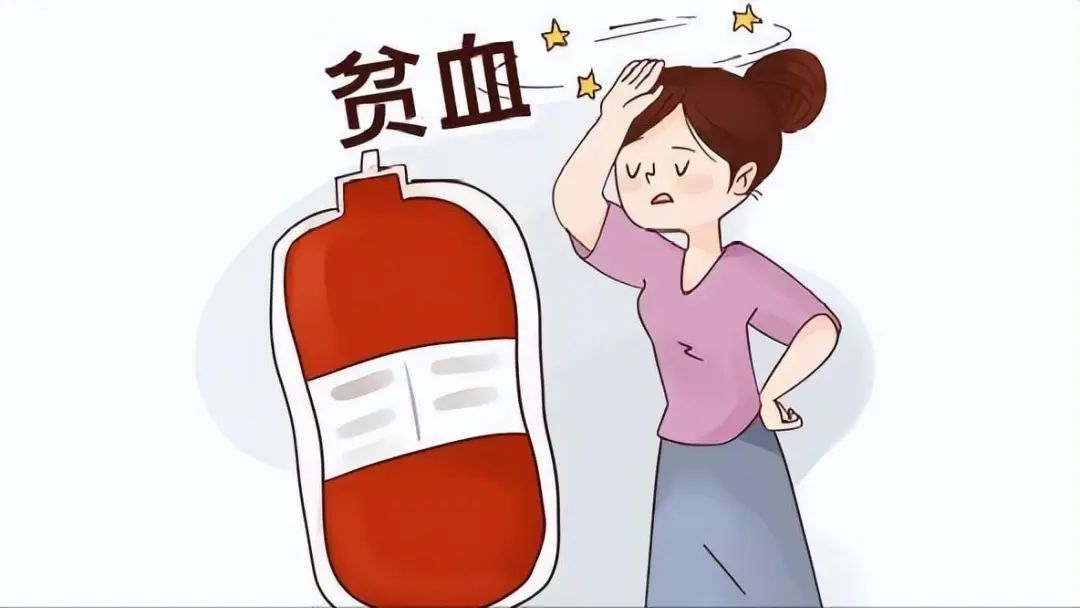
Why do we say that blood deficiency anemia is due to insufficient Qi, and why do we need to nourish Qi and blood? This is because TCM states that “Qi is the commander of blood, and blood is the mother of Qi.” Specifically, Qi can generate blood, Qi can circulate blood, and Qi can contain blood. First, Qi can generate blood; it participates in and promotes the production of blood. If Qi is insufficient, it directly affects the body’s ability to produce blood, leading to blood deficiency. Individuals with blood deficiency may experience fatigue, shortness of breath, and a tendency to be quiet, which are all manifestations of Qi deficiency.
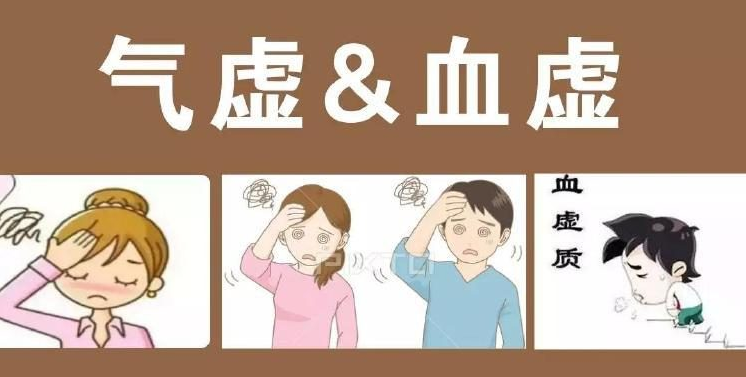
Secondly, Qi can circulate blood. TCM states that when Qi moves, blood moves. For example, the most common type of iron deficiency anemia occurs because the speed of blood circulation is slow, leading to insufficient hemoglobin and the inability to transport oxygen. Insufficient Qi cannot effectively promote blood circulation, which naturally leads to blood deficiency. Over time, this can also result in blood stasis. Many individuals with blood deficiency have a sallow complexion and may develop chloasma, which is a manifestation of blood deficiency leading to stasis.
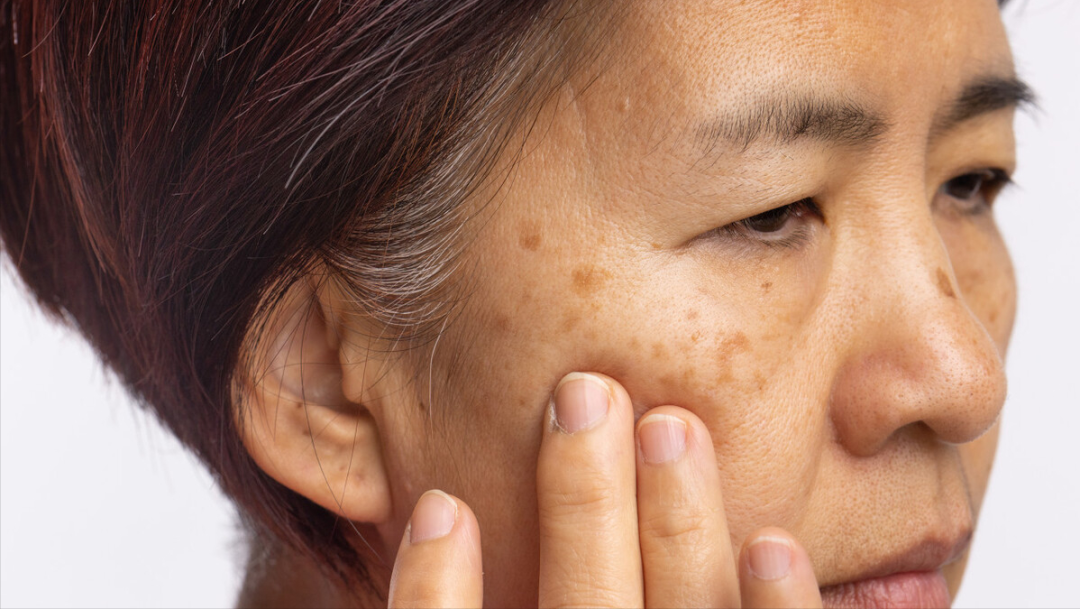
Finally, Qi can contain blood, meaning that Qi plays a role in maintaining the normal circulation of blood within the vessels. If Qi is deficient, the ability to contain blood is compromised, leading to various bleeding symptoms. The most direct manifestation is that individuals with blood deficiency may experience unexplained bruising, and women may have prolonged menstrual periods, heavy menstrual flow, or even uterine bleeding. This is due to Qi deficiency failing to contain blood, which exacerbates the symptoms of blood deficiency anemia. Therefore, if one has blood deficiency or anemia, simply consuming red dates, pig’s blood, or even “iron supplements” will not effectively nourish the blood; if Qi is still insufficient, it is merely treating the symptoms without addressing the root cause.
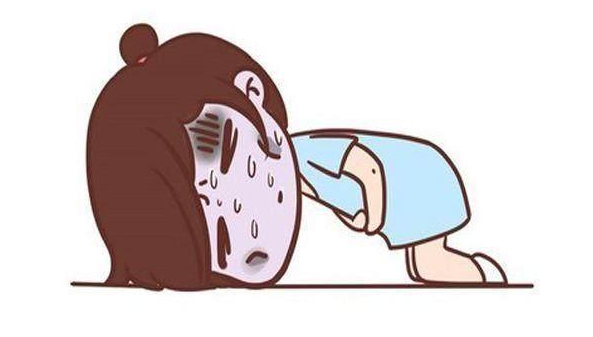
Today, I will introduce the first herb, which is Huang Qi (Astragalus). Huang Qi is a Qi-tonifying herb that nourishes both Qi and blood; it can both nourish Qi and generate blood, as well as contain blood. As TCM states, “The tangible blood cannot generate itself; it is produced by the intangible Qi.”
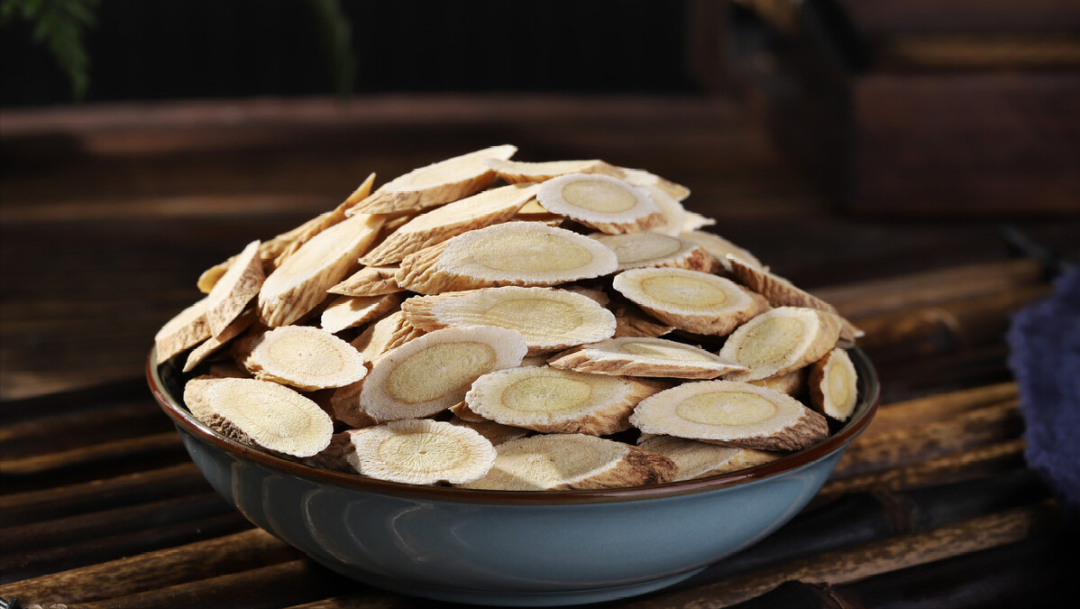
The second herb is Dang Gui (Angelica Sinensis). It is not sufficient to only tonify Qi without nourishing blood; Dang Gui, as a blood-nourishing herb, can invigorate blood circulation. Therefore, a large amount of Huang Qi combined with a small amount of Dang Gui can nourish blood and Qi. The combination of these two herbs can fundamentally regulate the symptoms of blood deficiency anemia.
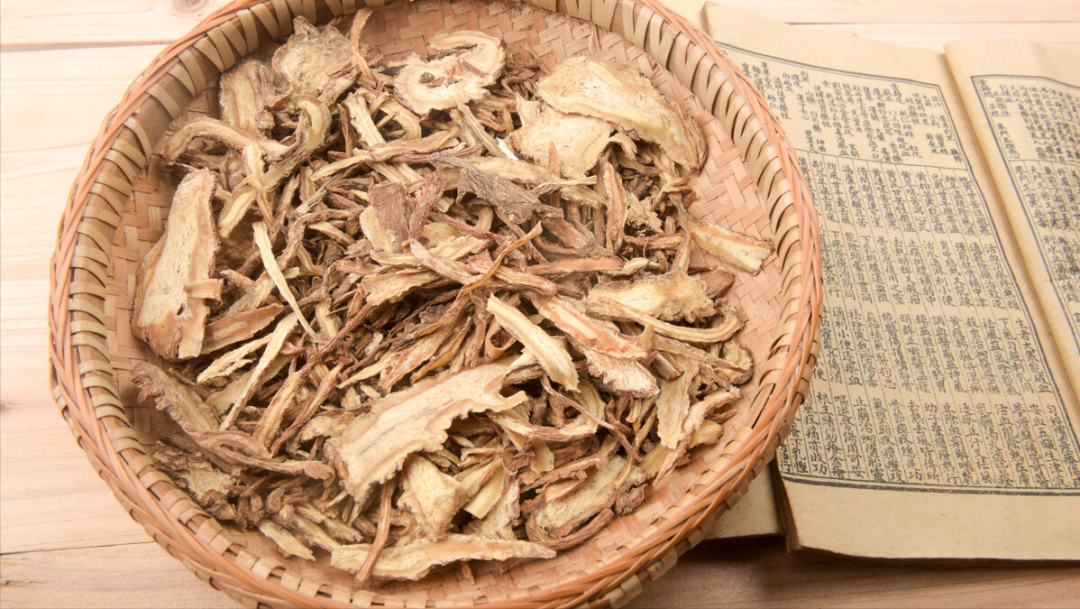
The combination of these two herbs is famously known as Dang Gui Bu Xue Tang (Dang Gui Blood Nourishing Decoction). Although it is called Dang Gui Blood Nourishing, the amount of Huang Qi is several times that of Dang Gui. There are also Chinese patent medicines such as Dang Gui Bu Xue Wan (Dang Gui Blood Nourishing Pills) or Dang Gui Bu Xue Kou Fu Ye (Dang Gui Blood Nourishing Oral Liquid). If there is a real need, it is recommended to take them under the guidance of a professional doctor.

